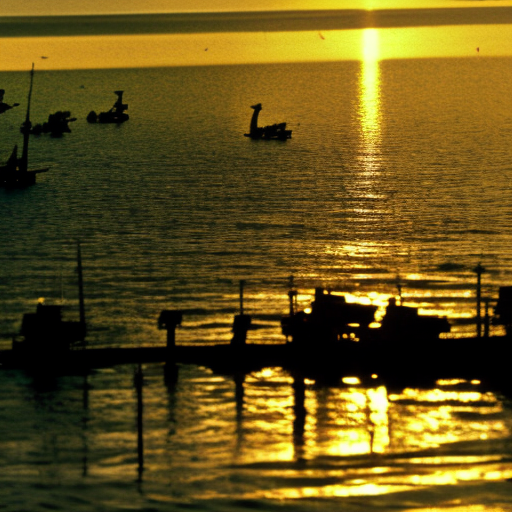Summary:
The Deepwater Horizon oil spill was an environmental disaster that occurred in the Gulf of Mexico in 2010. It was the largest marine oil spill in history, releasing approximately 4.9 million barrels of oil into the ocean. The spill was caused by an explosion on the Deepwater Horizon drilling rig, which was operated by BP. The incident resulted in significant ecological and economic damage, as well as the loss of 11 lives.
Background:
The Deepwater Horizon oil spill was a result of the exploration and drilling activities in the Gulf of Mexico. BP, a multinational oil and gas company, was operating the Deepwater Horizon drilling rig, which was located approximately 40 miles off the coast of Louisiana. The rig was drilling an exploratory well known as Macondo when a blowout occurred, leading to the explosion and subsequent spill.
The Explosion and Spill:
On April 20, 2010, a blowout preventer on the Deepwater Horizon rig failed, causing a surge of natural gas to escape from the well. The gas ignited, resulting in a massive explosion that killed 11 workers and caused the rig to sink two days later. As the rig sank, the wellhead on the ocean floor was left uncapped, allowing oil to gush into the Gulf of Mexico.
Efforts to Contain and Clean Up:
The oil spill posed significant challenges in terms of containment and cleanup. BP made several attempts to cap the well and stop the flow of oil, but these efforts were largely unsuccessful in the early stages. Meanwhile, the oil spread rapidly, creating a massive slick that threatened coastlines, marine life, and ecosystems.
Environmental and Economic Impact:
The Deepwater Horizon oil spill had severe environmental consequences. The oil contaminated vast areas of the Gulf of Mexico, harming marine life, birds, and other wildlife. The spill also affected coastal wetlands, beaches, and fishing grounds, causing long-term damage to the ecosystem. The economic impact was significant as well, with the fishing and tourism industries suffering major losses.
Legal and Financial Fallout:
The Deepwater Horizon oil spill led to numerous legal battles and financial repercussions. BP faced extensive litigation and was held responsible for the spill. The company agreed to pay billions of dollars in fines and settlements to compensate for the damages caused. The incident also prompted increased scrutiny and regulation of offshore drilling practices.
Lessons Learned:
The Deepwater Horizon oil spill served as a wake-up call for the oil and gas industry and regulators. It highlighted the need for improved safety measures, emergency response plans, and stricter regulations to prevent similar disasters in the future. The incident also emphasized the importance of corporate responsibility and accountability in the face of environmental catastrophes.
Conclusion:
The Deepwater Horizon oil spill was a catastrophic event that had far-reaching consequences. It exposed the risks associated with offshore drilling and underscored the need for better safety protocols and environmental protection measures. The incident serves as a reminder of the delicate balance between human activities and the environment, and the importance of responsible practices to prevent such disasters.












